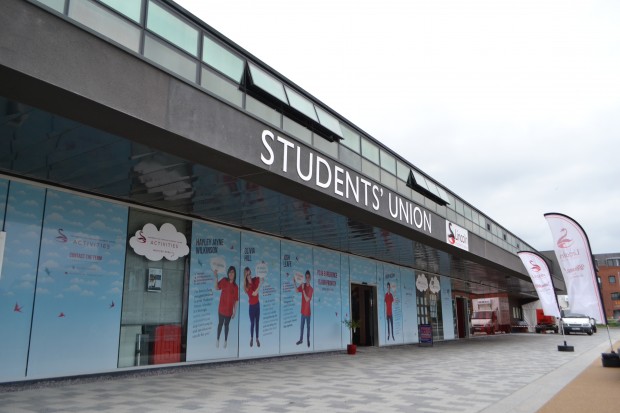
The first national audit of “lad culture” and sexism across Britain’s universities and students’ unions was launched by the National Union of Students (NUS) yesterday.
Ten months after holding a Lad Culture Summit, the NUS has told student unions that they must “take responsibility” for sexism on campus.
Eight to ten SUs are now piloting a scheme where they will “develop a cross-institutional strategy team to examine ways to tackle lad culture together on individual campuses”.
They’ll also be asked to take part in an online survey and to analyse their own and their university’s policies, training, education, and support on the issue.
The NUS says this means it can “create a system where institutions will be able to recognise where they are failing, where they are doing well, and can then shape their own personal strategies”.
Laura Bates, the NUS’ Lad Culture National Strategy Team Ambassador, said: “Sexism, harassment and sexual assault are a very real problem on university campuses across the country. NUS has worked tirelessly on this issue, bringing it to the fore where it had previously been swept under the carpet.
“We need to see higher education institutions stepping up to join them in taking real action on campus against sexual harassment and assault. The national audit launched by NUS will provide vital information about the scale and nature of the problem, enabling universities and student unions to work together to tackle it.”
This announcement came on the seventh day of the ‘Reclaim Your Campus’ campaign, which aims to raise awareness of violence against women, asking students to lobby and petition their universities.
NUS President, Toni Pearce, claimed the move was part of “a new deal for students”, adding: “Nobody should feel diminished, disrespected or unsafe on campus, and it is vital that behaviours resulting in this are challenged. Students’ unions and universities must work together to create a campuses that are welcoming, safe and supportive to all.”
In September, NUS research found one in four students have suffered unwelcome sexual advances, defined as inappropriate touching and groping, and NUS research from 2010 found one in seven students were victims of sexual assault or violence.
Susuana Antubam, Women’s Officer at the NUS, emphasised this: “Our research has consistently shown that sexual harassment is rife on campus, but we still keep hearing from institutions that there is no fear, no intimidation and no problem. The passing the buck approach of ‘not on my campus’ is completely unacceptable.
“This new audit will mean that institutions can no longer deny this issue exists – they must acknowledge the problems and join us in confronting them. To be able to see real change, we need the whole of the educational community to step up and be active in creating safer campuses.”

